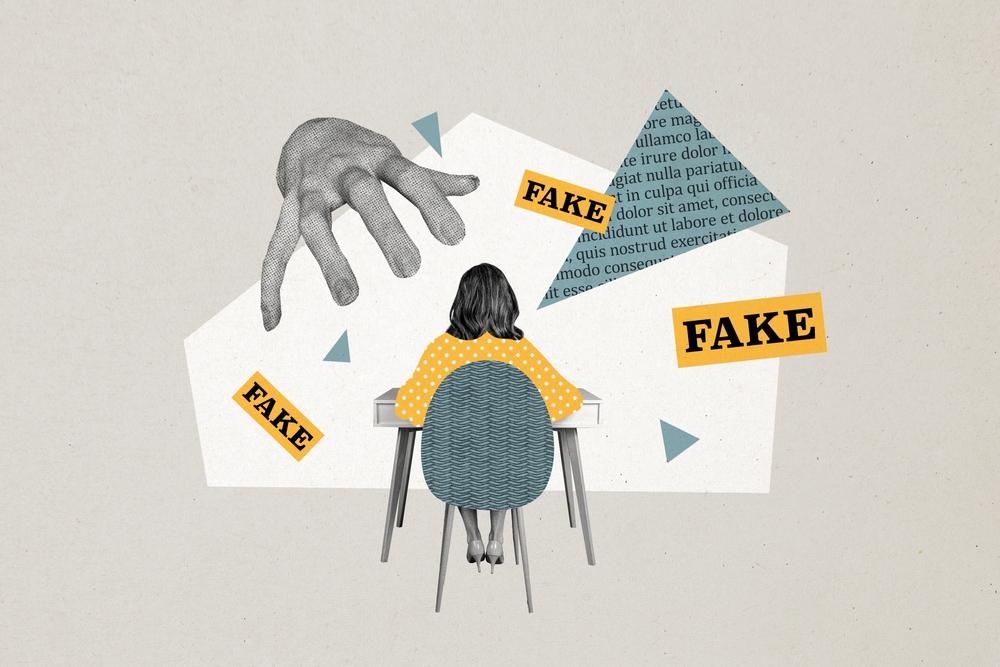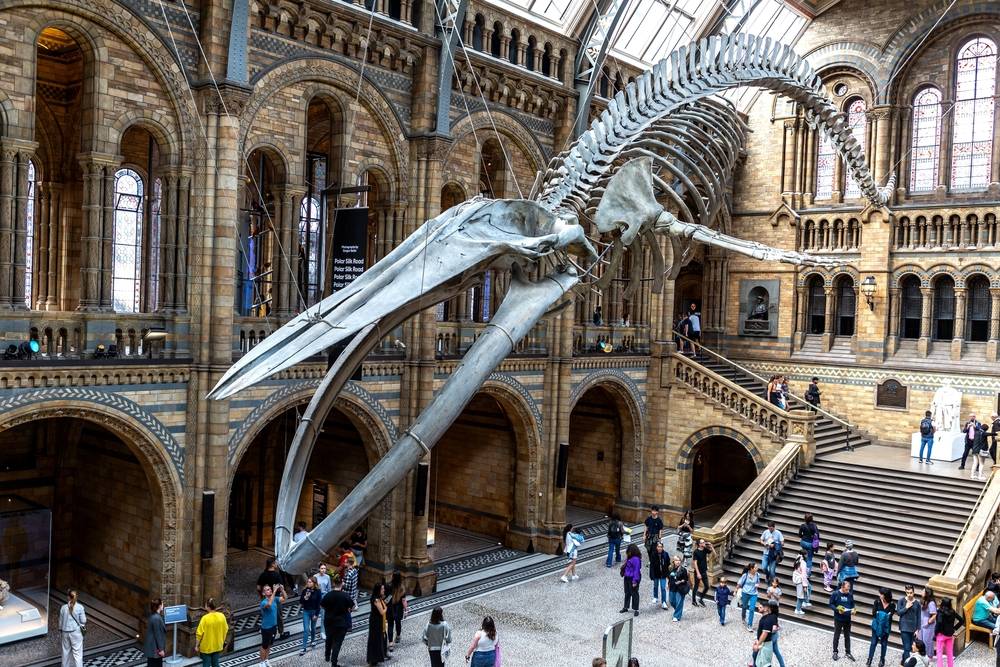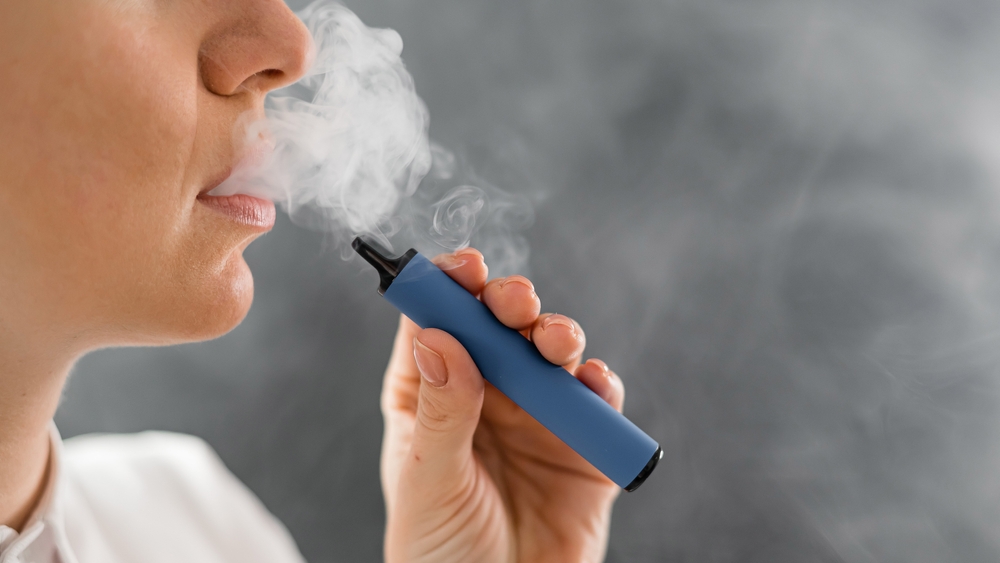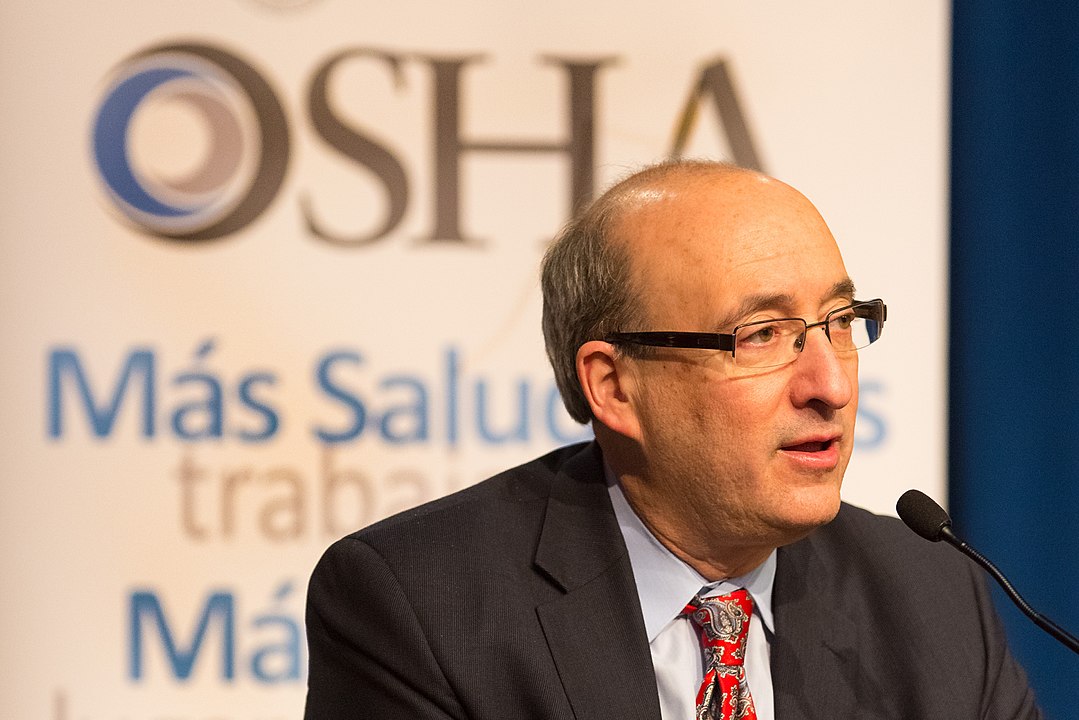 #Essays
#Essays
The role of science journalism in combating denialism and disinformation
Science journalism and scientists are increasingly working together to combat misinformation and clarify complex issues for the public
 So-called science journalism plays a crucial role in combating disinformation and denialism by remaining vigilant to the actions and motives of those who insist on contradicting established facts and reality | Image: Shutterstock
So-called science journalism plays a crucial role in combating disinformation and denialism by remaining vigilant to the actions and motives of those who insist on contradicting established facts and reality | Image: Shutterstock
The fight against denialism and disinformation, both in Brazil and globally, is not merely a necessary practice but a critical mission—a collective responsibility that must be embraced by all.
As the onslaught of fake news intensifies, mobilizing society to confront this wave has become increasingly urgent. In many cases, the spread of disinformation is not driven by ignorance or misinformation, but rather the deliberate actions of groups, companies, politicians, organizations, and government officials with commercial, political, ideological, and even religious agendas.
Denialists actively seek to contradict scientific evidence and the reality of established facts, often focusing on emerging and controversial issues that characterize contemporary society.
They promote the use of ineffective drugs to combat global epidemics (such as chloroquine and ivermectin during the COVID-19 pandemic), while denying the well-documented link between climate change, human activity, and the harmful use of fossil fuels.
Maliciously, they craft deceptive arguments to minimize opposition to agrochemicals (which should be classified as poisons, not “plant remedies”) and to propagate the advantages of vapes over traditional cigarettes.
Denialists use clever planning strategies to “plant” conspiracy theories.
Their goal is to convince the public that science cannot be regarded as a viable solution to the problems confronting modern society.
To this end, they attempt to identify (or even create) loopholes that cast doubt on scientific evidence, arguing that science is fallible due to its revision of previously accepted conclusions.
What denialists fail to recognize is that science is inherently characterized by the ongoing evaluation of research findings and theories, even those that are rigorously formulated. Scientists are encouraged to challenge these when there is reason to question their validity.
The history of science offers numerous examples of the pressures faced by scientists who dared to challenge the prevailing certainties of their time, such as the Vatican’s condemnation of the Italian astronomer and mathematician Galileo Galilei (1564–1642) for suggesting that the Earth was not the center of the universe.
This aggressive action by the Church hindered the progress of astronomical science, but fortunately, by the nineteenth century, with the advancement of telescopes, the truth was finally restored.
Science is dedicated to making the empirical world comprehensible, and as new theories and discoveries emerge—such as the Theory of Relativity, Quantum Physics, Evolution, and the Structure of DNA—it continually revises its understanding of facts and processes.
Science journalism, or scientific journalism, plays a vital role in combating disinformation and denialism by remaining vigilant to the actions and motives of those who seek to distort reality in order to promote their own interests and beliefs.
Several key attributes are essential for science journalism to effectively fulfill this mission:
In-depth knowledge of the topics covered:

Science journalists must have a strong command of the concepts and processes that define Science, Technology, and Innovation (ST&I) topics, achieved through:
- Careful and critical reading of the literature (including books, scientific journals, research reports, and more);
- Active participation in technical and scientific events;
- Engagement with authoritative sources (such as researchers, scientists, or organizations and associations representing various fields of knowledge).
In addition, a solid understanding of the history and sociology of science, along with knowledge of the scientific method, is essential for both the training and practice of science journalists.
Identifying sources with nonscientific interests:

Even sources with prestige in their respective fields can be influenced by interests outside the realm of science.
These ethical lapses often manifest in movements or campaigns led by companies or groups within the National Congress, aimed at defending the interests of those they are affiliated with.
Such sources seek to sway public opinion, Parliament, and even their peers in order to promote ideas and theories that support the creation of laws and public policies which safeguard the privileges of their allies.
Heated debates surrounding GMOs, pesticides, the demarcation of Indigenous lands, vaccine efficacy, the legalization of vapes, and the impact of climate change, among other topics, are frequently dominated by experts willing to champion the interests of their financial backers.
It is crucial for science journalists to recognize these conflicts of interest and, whenever possible, consult multiple sources to verify information before disseminating it.
Knowledge of denialist strategies, including those employed by specialized sources:

Science journalists must be vigilant in recognizing the tactics used by those who spread denialism and disinformation, as this requires both critical thinking and courage, especially given that many of these efforts are backed by powerful lobbyists.
Journalists face immense pressure from corporations, political parties, and religious groups, with judicial harassment becoming an increasingly common tactic.
There are also attempts to tarnish the reputations of journalists and media outlets that publish information unfavorable to these groups, including threats to suspend advertising investments.
Denialists make extensive use of social media, often organizing into communities of like-minded individuals who engage in constant dialogue.
Driven by a sense of purpose, they view their role as expanding their influence among friends, family, and the broader public.
One widely employed and frequently successful strategy is to sow doubt about credible scientific information—a phenomenon American epidemiologist David Michaels refers to as “the triumph of doubt,” the title of his book recently translated into Portuguese.
As we’ve noted, some scientists and experts are paid to promote misleading ideas, even “manufacturing” articles and research designed to cast doubt on well-established scientific evidence.
Well-known cases, such as those involving the tobacco industry, climate change denial, the antivaccine movement, and the powerful lobbying of Big Pharma and Big Tech, have the potential to skew and contaminate public debate.
For this reason, it is essential that the press refrain from providing a platform for denialists to spread disinformation, as was evident during the COVID-19 Parliamentary Inquiry (CPI), where TV news programs prominently featured known denialists in the debate, thereby amplifying disinformation.
It is also crucial to remain vigilant about “sponsored journalism,” a tactic used by companies and media agencies to disseminate commissioned content that bypasses the scrutiny of editorial teams. The National Journalists’ Code condemns this practice, recognizing its harmful impact on the quality of journalistic integrity.
Encouraging training, practice, and research in specialized journalism:

Specialized journalism—such as scientific, environmental, and health journalism—should be incorporated into the curricula of various university programs in Brazil, not just those focused on journalism. This would serve as a complement to training in diverse fields of knowledge.
Fortunately, there is a growing presence of science communicators in both mass media and independent social media channels (blogs, video platforms, portals, podcasts). These communicators, though often not formally trained in communication, are effectively sharing research findings and clarifying fundamental concepts across various disciplines.
Studies show that the audience for these initiatives is expanding rapidly, particularly among younger generations, and in many cases, these platforms attract hundreds of thousands of followers.
Given this, funding bodies should support training programs for science journalism practice and research, much like the São Paulo State Research Foundation (FAPESP), which excels in this area.
A noteworthy example is the recent survey conducted by the JORCOM (Journalism in Organizational Communication) research group at the School of Communications and Arts of the University of São Paulo (ECA/USP), in partnership with Comtexto Comunicação e Pesquisa and specialized journalism research groups listed in the National Council for Scientific and Technological Development (CNPq) Directory of Research Groups.
This mapping revealed over 50 research groups specifically focused on science, environmental, and health journalism, involving approximately 500 researchers and an equal number of students, most of whom are graduate students.
To strengthen science journalism, the support of all those committed to combating disinformation and denialism is crucial.
The practice, teaching, and research of science journalism are vital for legitimizing the role of science, technology, and innovation in our country, and should be vigorously promoted.
Ultimately, science, journalism, and society will recognize and reward this investment in the future.
Wilson da Costa Bueno is a journalist with a master’s and doctorate in Communication. He is a senior lecturer in the Department of Journalism and Publishing at the School of Communications and Arts at the University of São Paulo (ECA-USP), where he leads the JORCOM research group. He is also the director of Comtexto Comunicação e Pesquisa and is known for having defended the first thesis on Science Journalism in Brazil.
Opinion articles do not necessarily reflect the views of Science Arena and Hospital Israelita Albert Einstein.
*
This article may be republished online under the CC-BY-NC-ND Creative Commons license.
The text must not be edited and the author(s) and source (Science Arena) must be credited.


